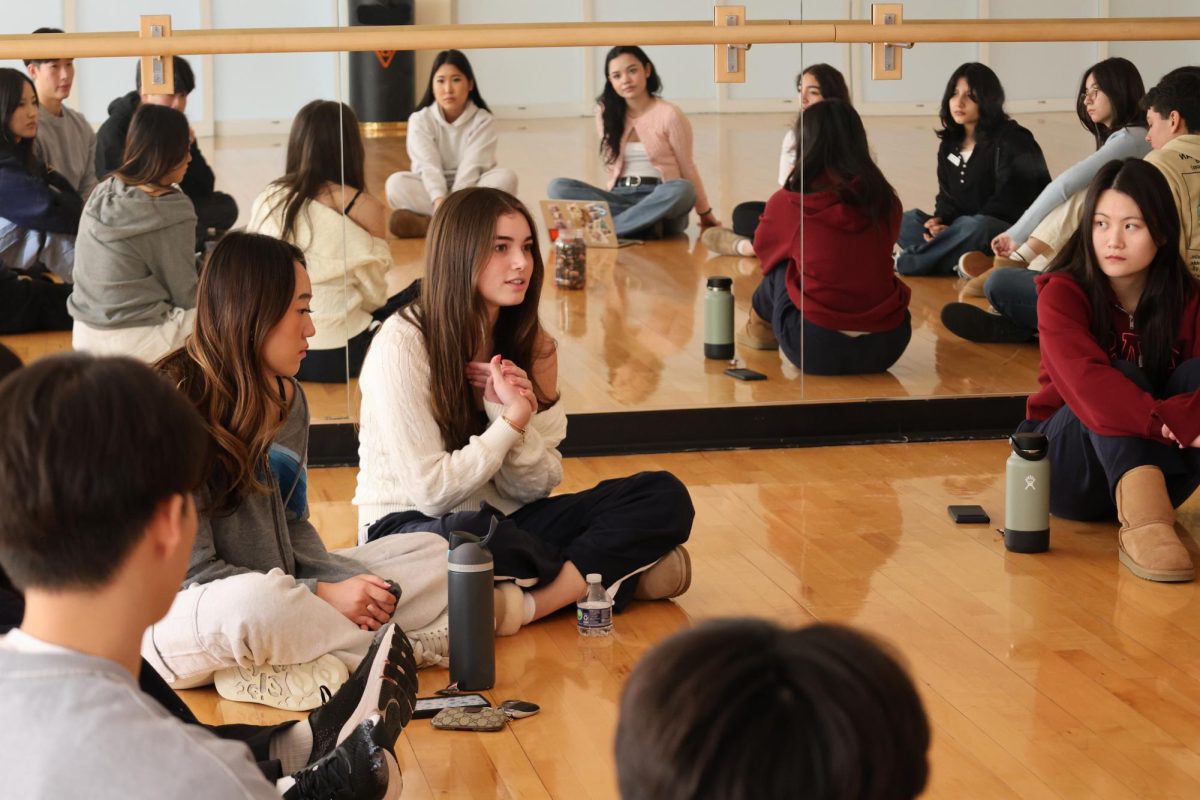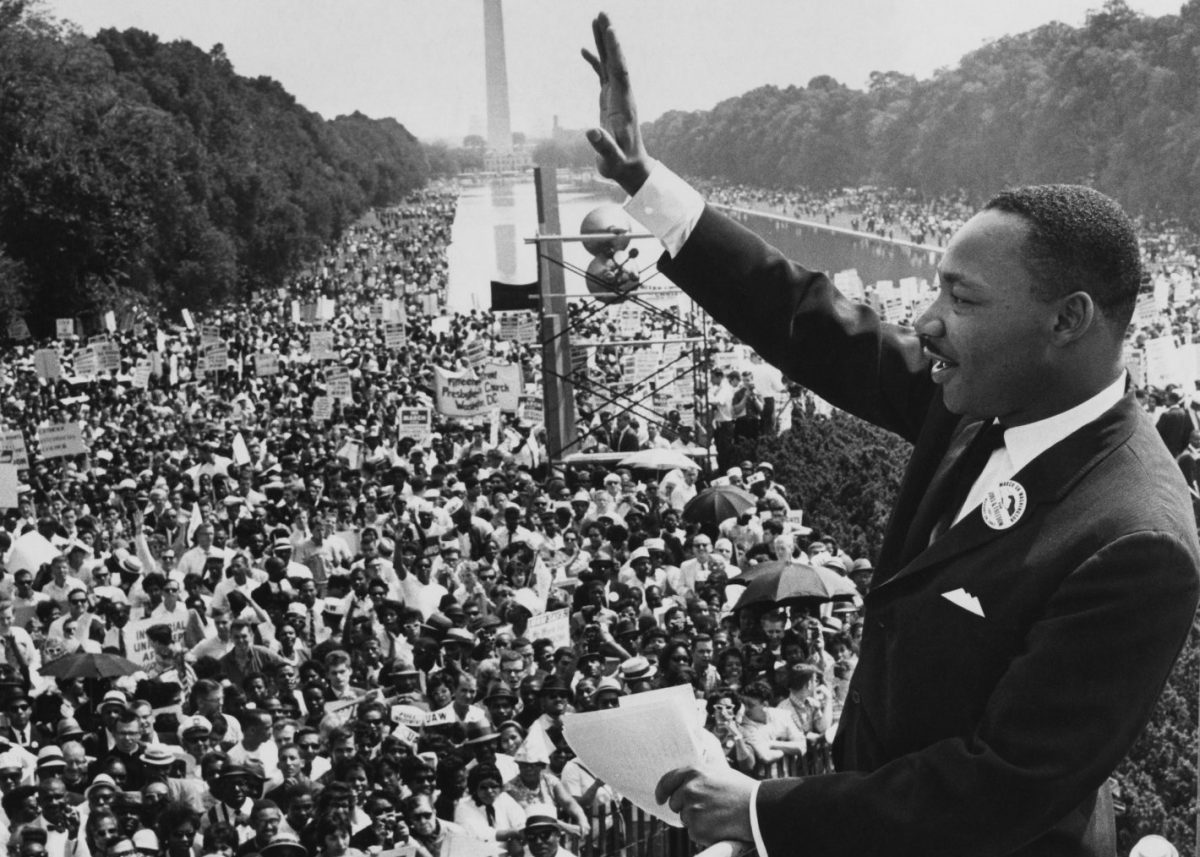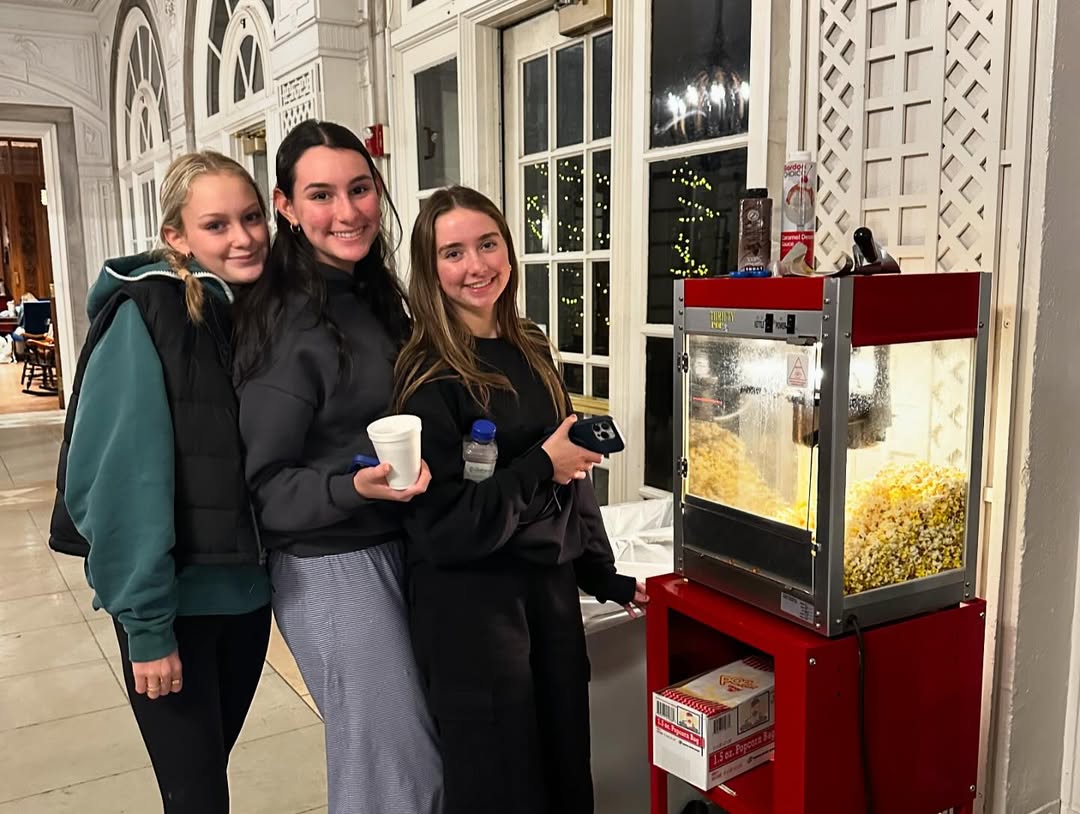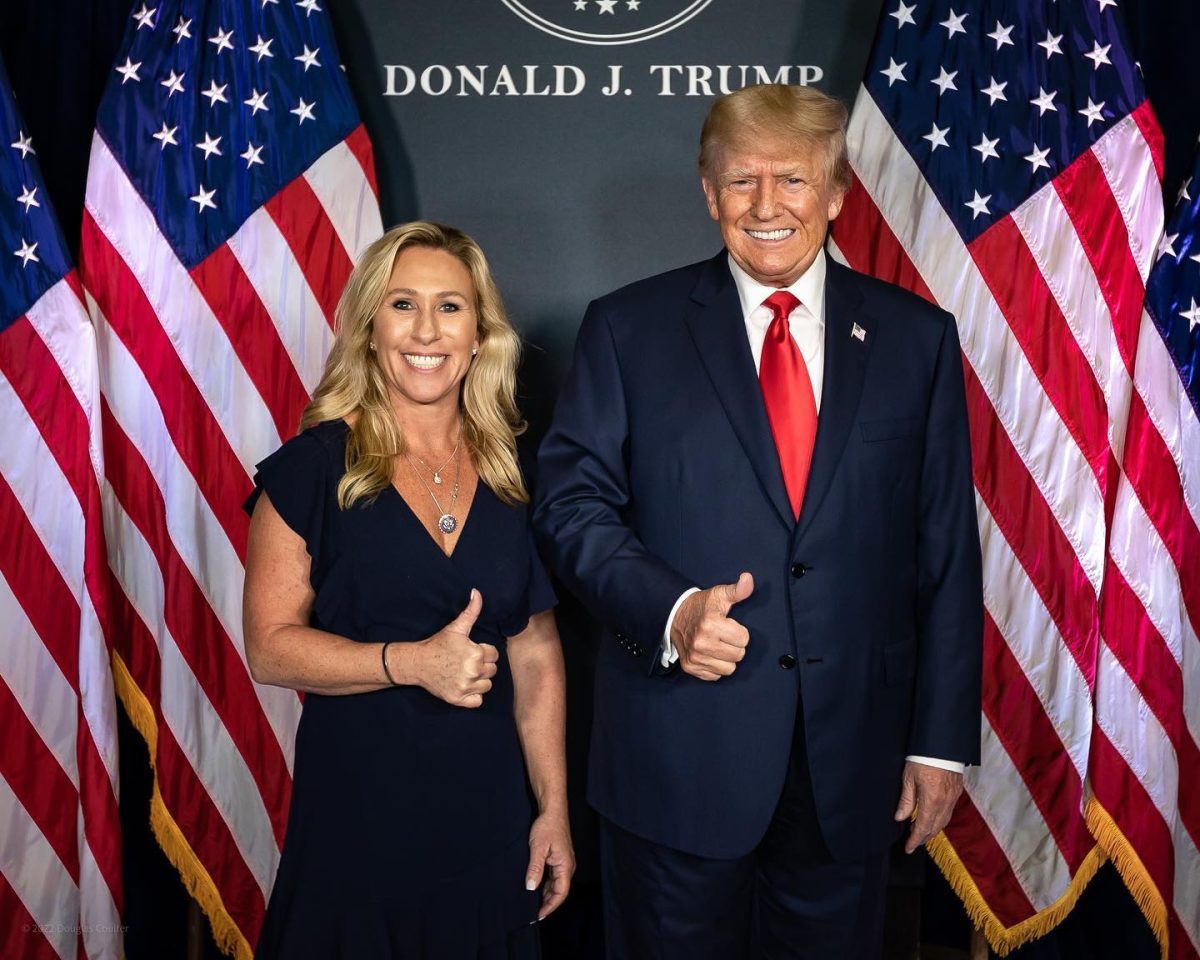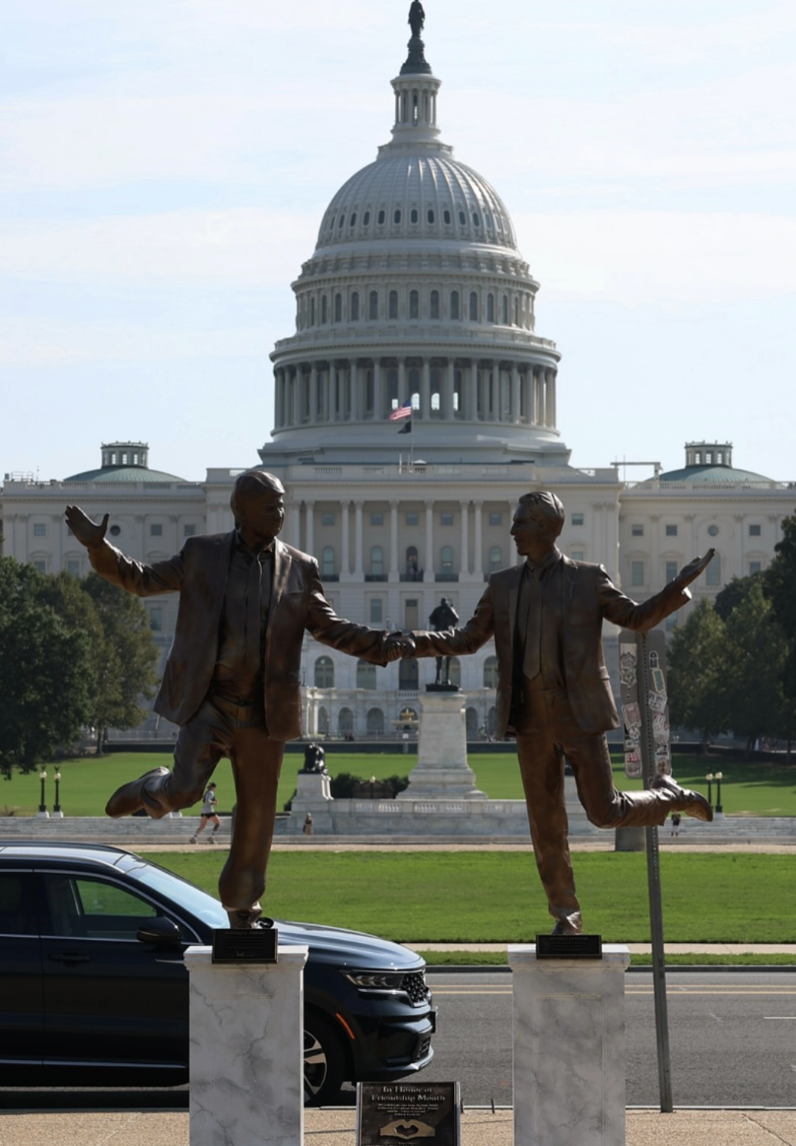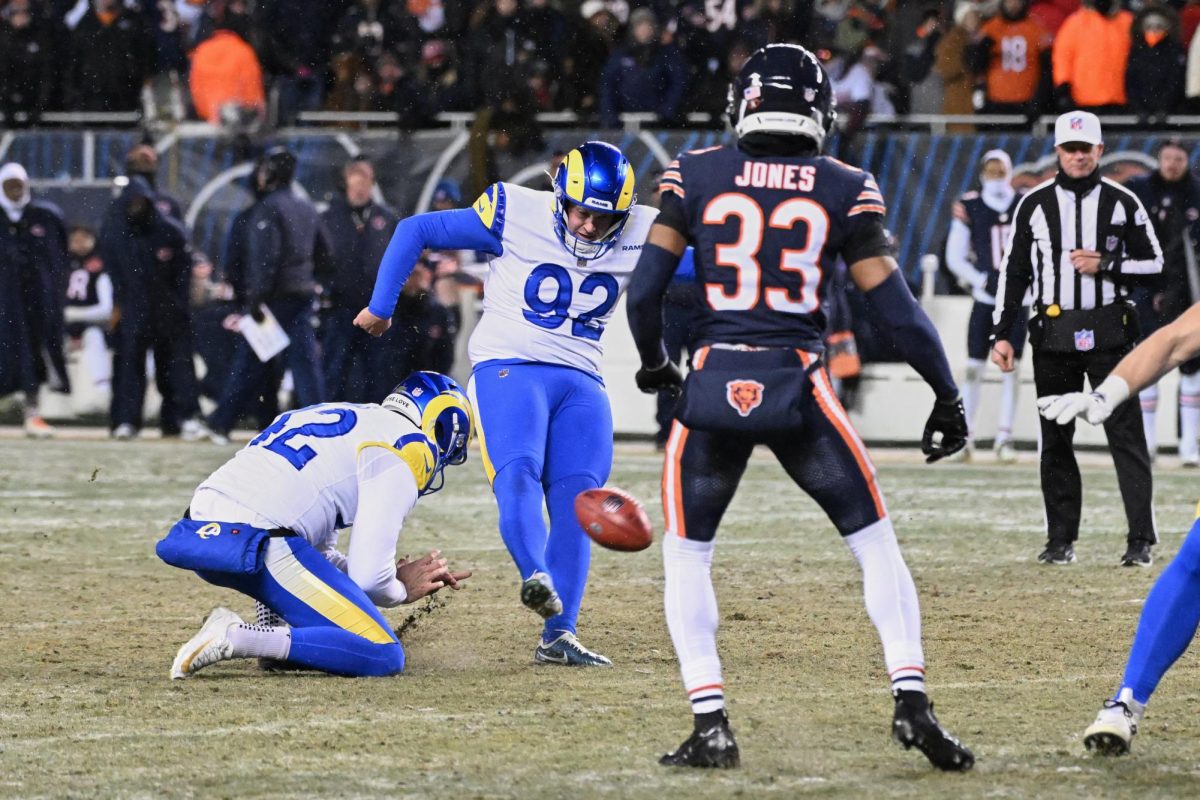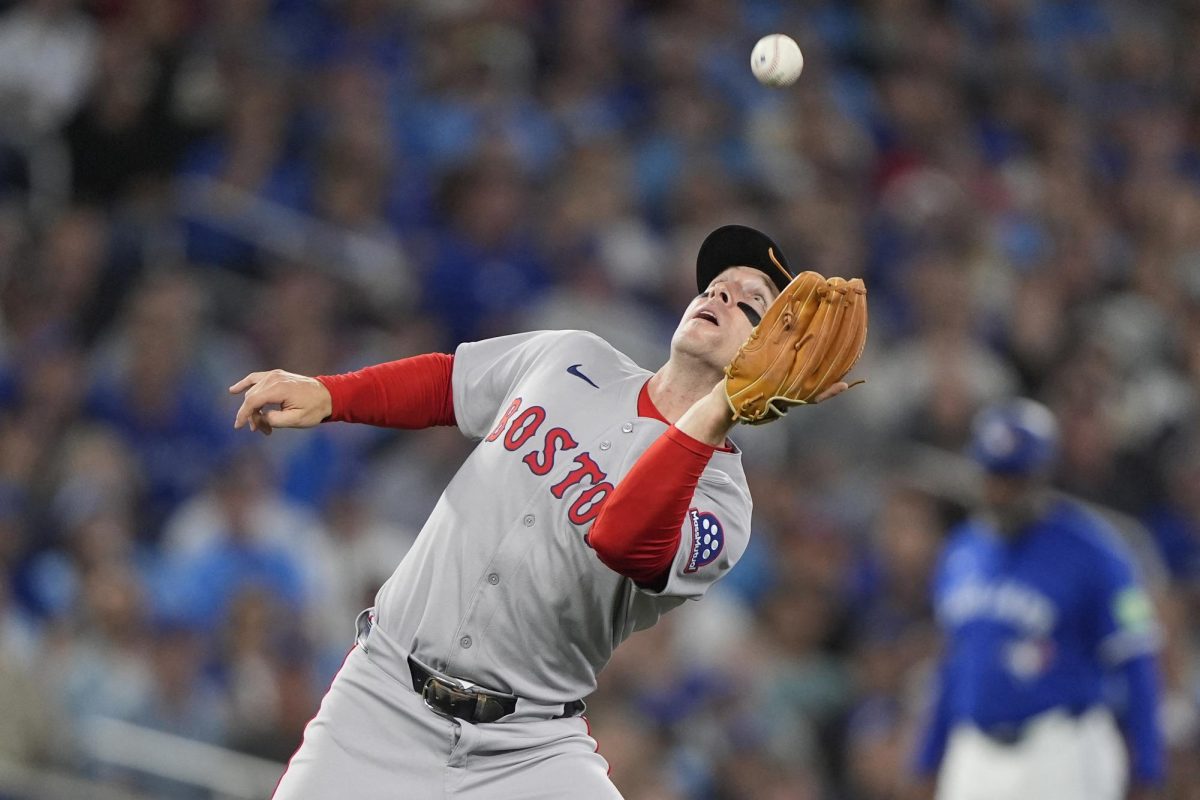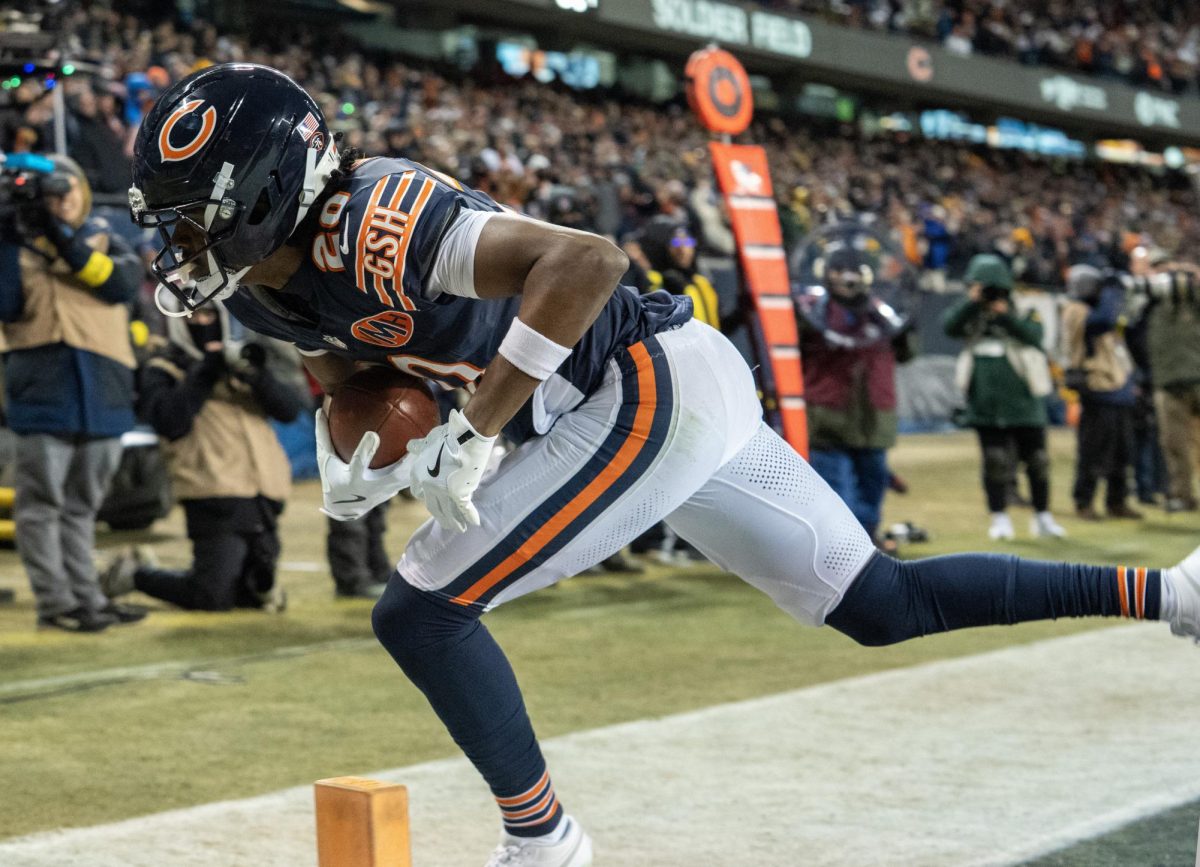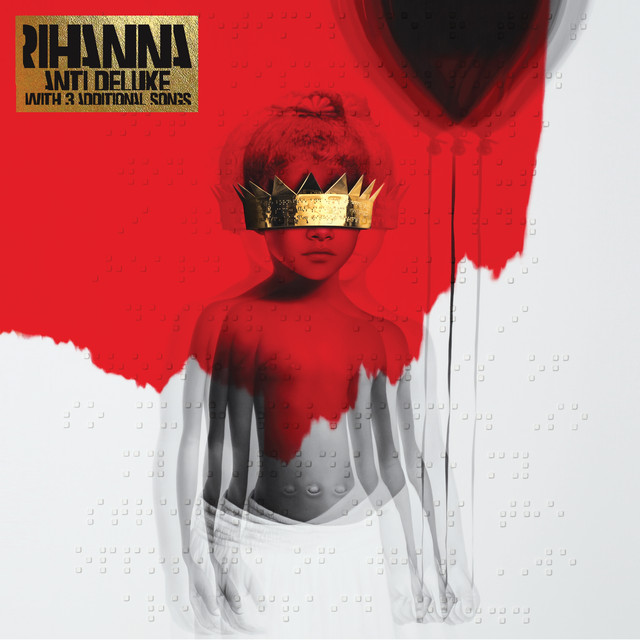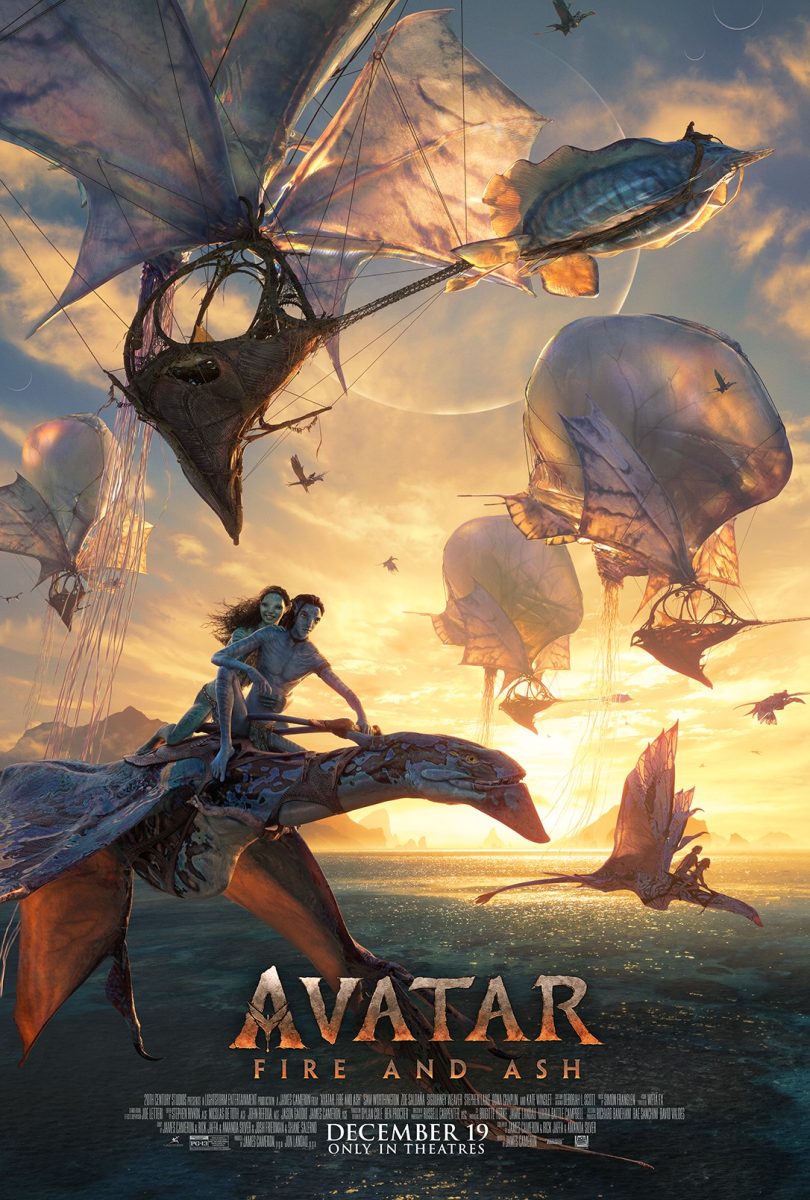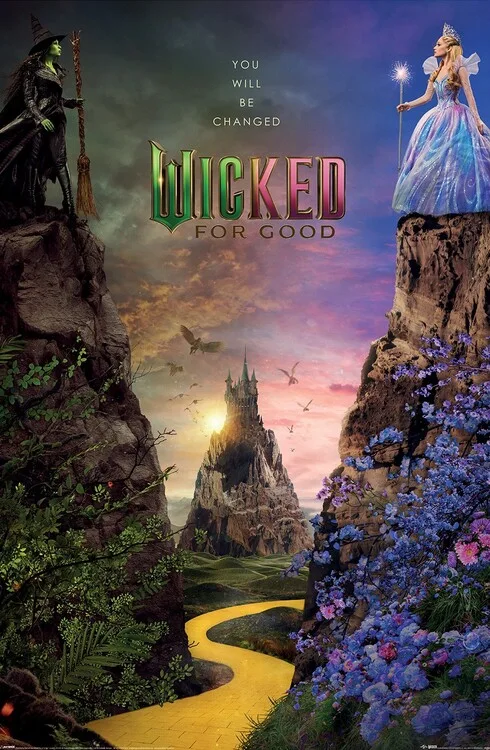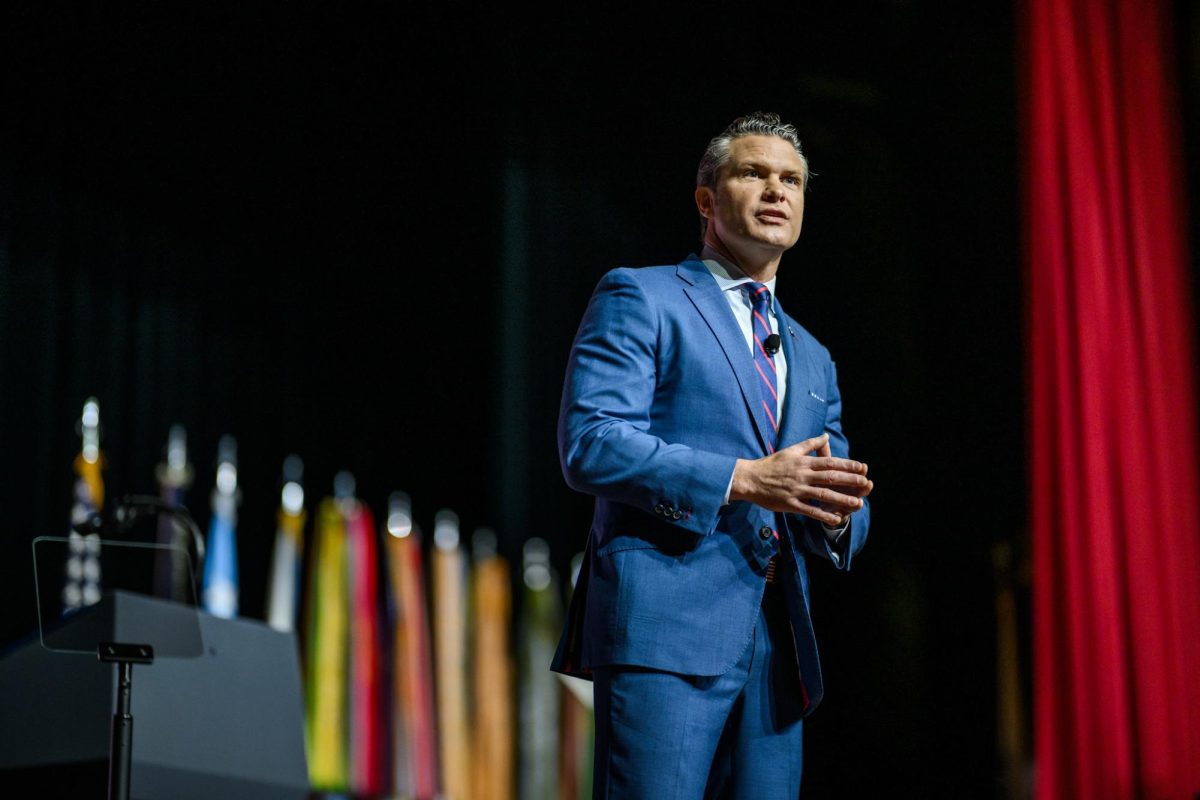Joker Movie Sparks Controversy
December 4, 2019
Todd Phillips’ Joker, which went on to make $96 million in the US its opening weekend, was subject to lots of positive press before its release and after it premiered at film festivals, due to the apparently Oscar-worthy performance by Joaquin Phoenix and its being granted the top award, the Golden Lion, at the Venice Film Festival.
However, as the release date drew close and it screened at more festivals, and revealed more in-depth trailers, many groups of people became concerned about the real-world consequences the movie could create.
The general plot of Joker is the story of a lonely, isolated, and mentally ill man named Arthur Fleck who is struggling to pursue a career in comedy, and will eventually become the titular Batman villain.
Since the film’s plot was revealed, there were some concerns, mainly raised online, about the parallels of Joker to the mass shootings perpetrated by people, similar to Fleck, who were mentally ill, feel isolated from society, and committed horrendous crimes.
This discourse was brought into the forefront of conversation when on September 24th, 2019, around a month before the film was widely released, the families of the victims of the Aurora, Colorado movie theater shooting sent a letter to Warner Bros, the production company behind Joker.
The Aurora shooting took place in a movie theater on July 20th, 2012 claiming the lives of 12 people, where the Batman movie, “The Dark Knight Rises”, was playing.
The letter raised concerns about the type of violence the film shows and urged Warner Bros. to use some of the movie’s profits to support organizations that are trying to stop gun violence and to accept that they have a social responsibility to not create media that inspires people to, or justifies, violent behavior.
This letter brought these issues to the general public’s attention and made the controversy widely talked about. These newly-ignited concerns led to movie theatres and police forces amping up security and the theatre that the Aurora shooting took place at refusing to screen the movie.
Warner Bros. released a statement addressing this letter and its concerns, stating that the company already supported organizations that helped victims of violence, and that it was their job to provide stories that provoke meaningful conversations. The statement also stated that “neither the fictional character Joker, nor the film, is an endorsement of real-world violence of any kind.”
All of this concern and controversy, especially since the movie’s release, begs the question: does Joker somehow justify violent acts, or could it be used as an inspiration for isolated people to act out violently?
The movie does center around Arthur Fleck, who becomes the Joker, but it seems that its purpose is to simply show the dark path this character takes, not support it in any way. In fact, nearly every major decision Fleck makes in Joker will predominantly be met by extreme disturbance and discomfort from the audience. The movie tries to show the reasoning behind the character’s actions, but condemns the choices he makes.
On the other hand, if someone feels that they are similar to Fleck’s character, in some ways the story could be manipulated to justify immoral behavior as a result of the environment they live in.
This controversy is not a new idea and brings up more questions than it answered. Should artists and creatives be subject to condemnation based off of the actions people take from their art? Movies, and their subtext, are subjective ideas that can be effectively manipulated to fit many different flawed ideologies. Does this uncomfortable reality make artists exempt from the possible consequences of their art, and does it make it their duty to prepare for this contingency and change their creations accordingly? The intent of Joker is not to justify violence of any kind or champion people who act out violently due to isolation or neglect from society, yet there is always the possibility for one to manipulate art to fit into one’s own worldview.


